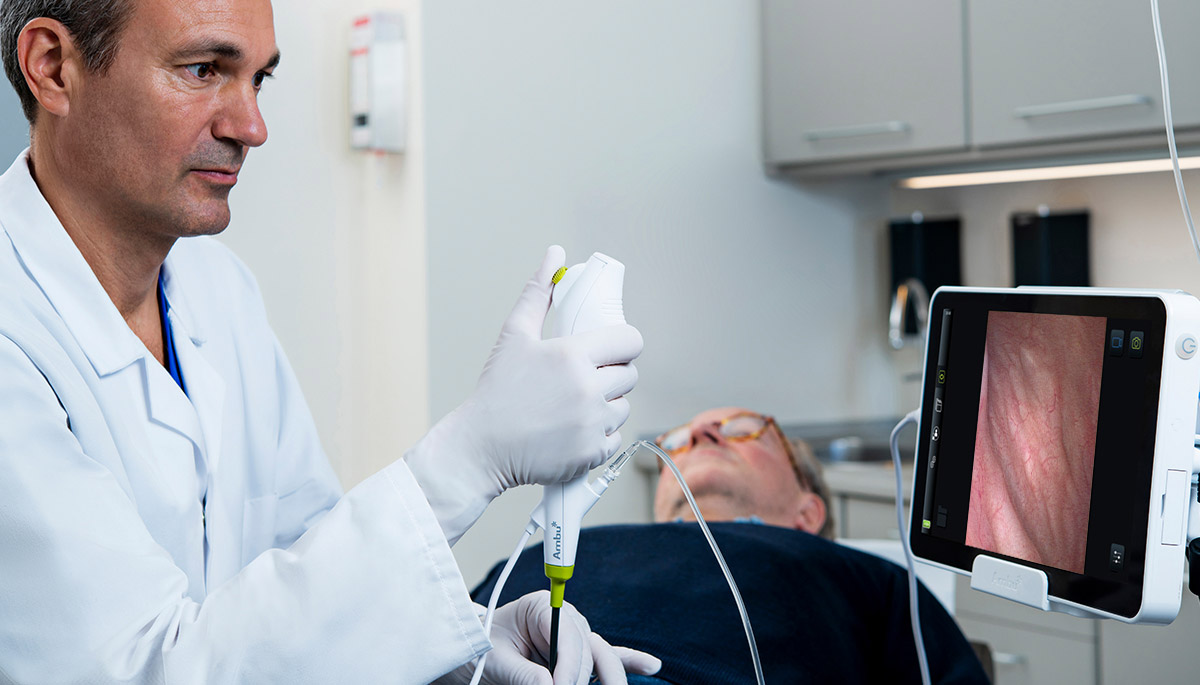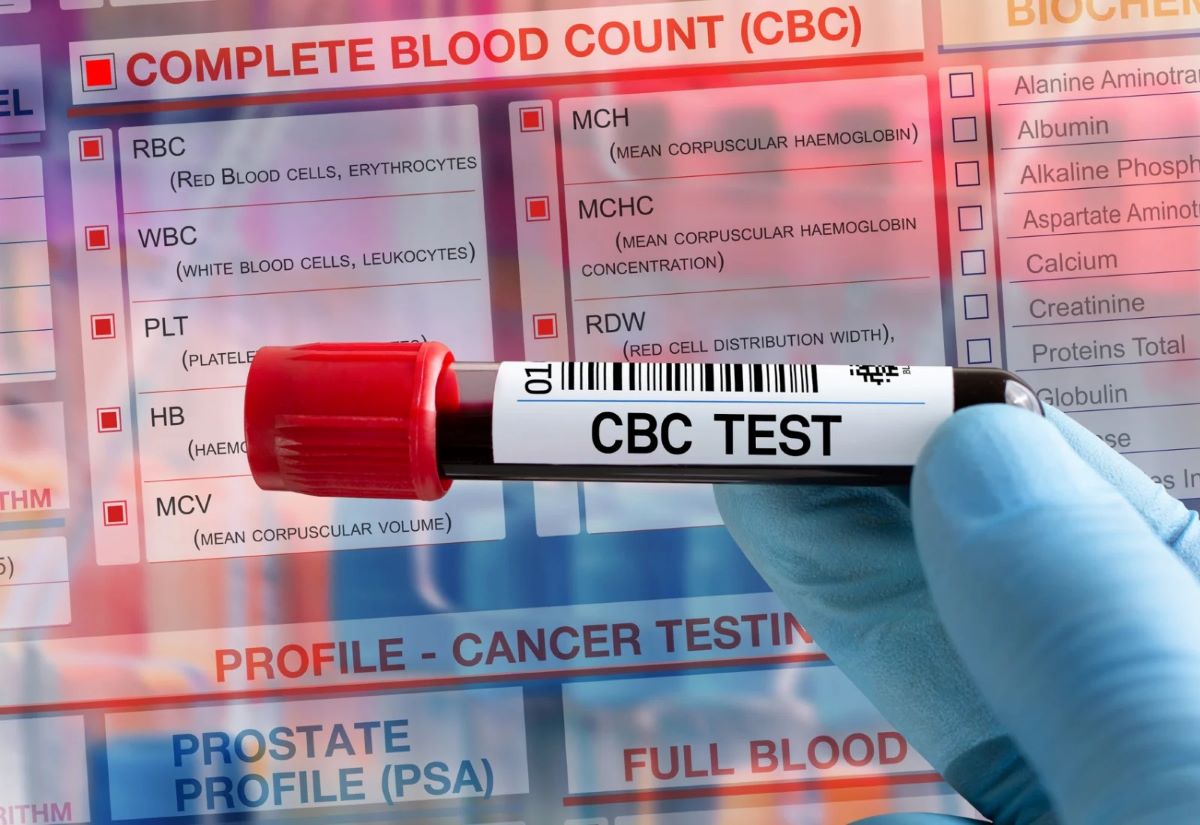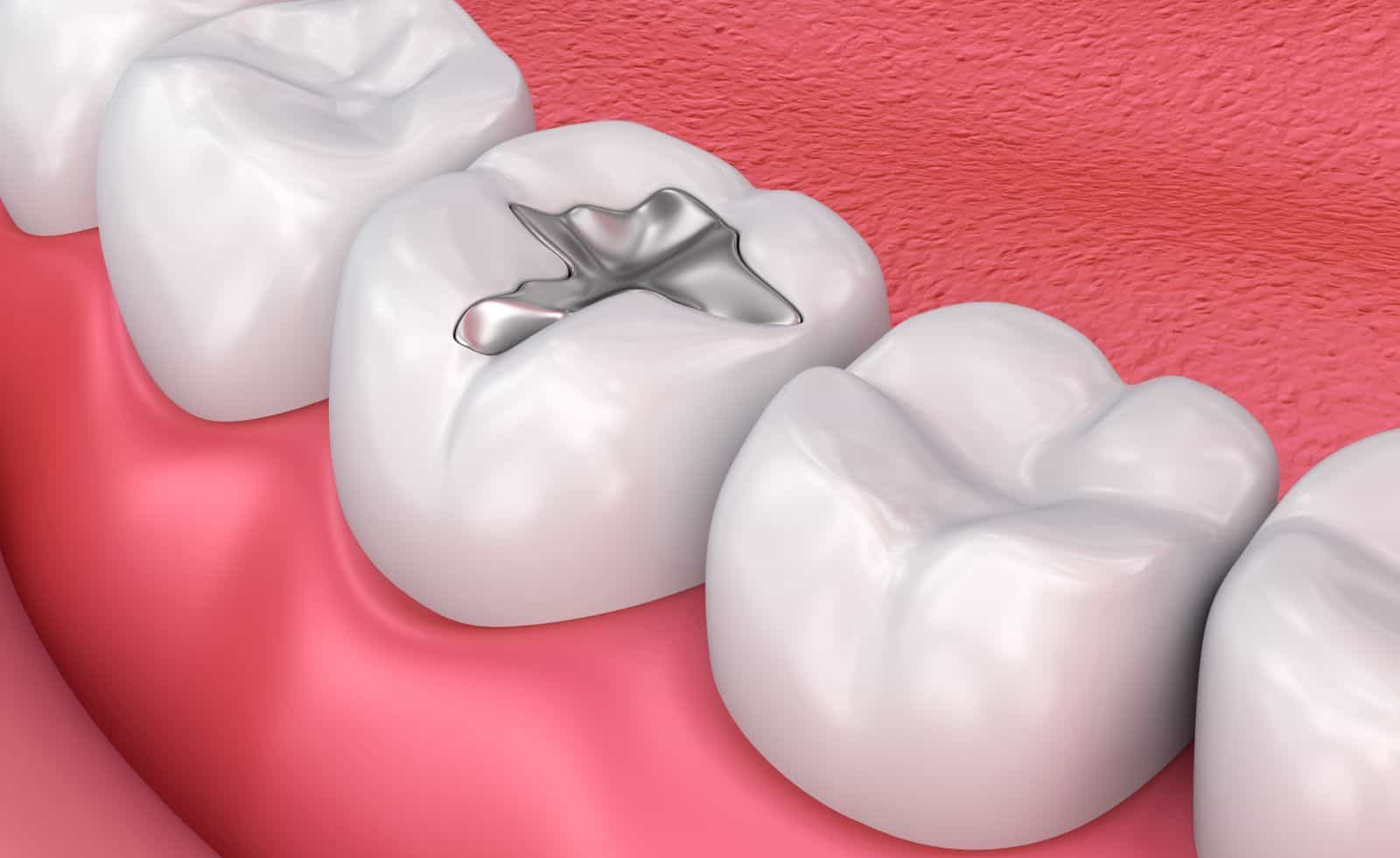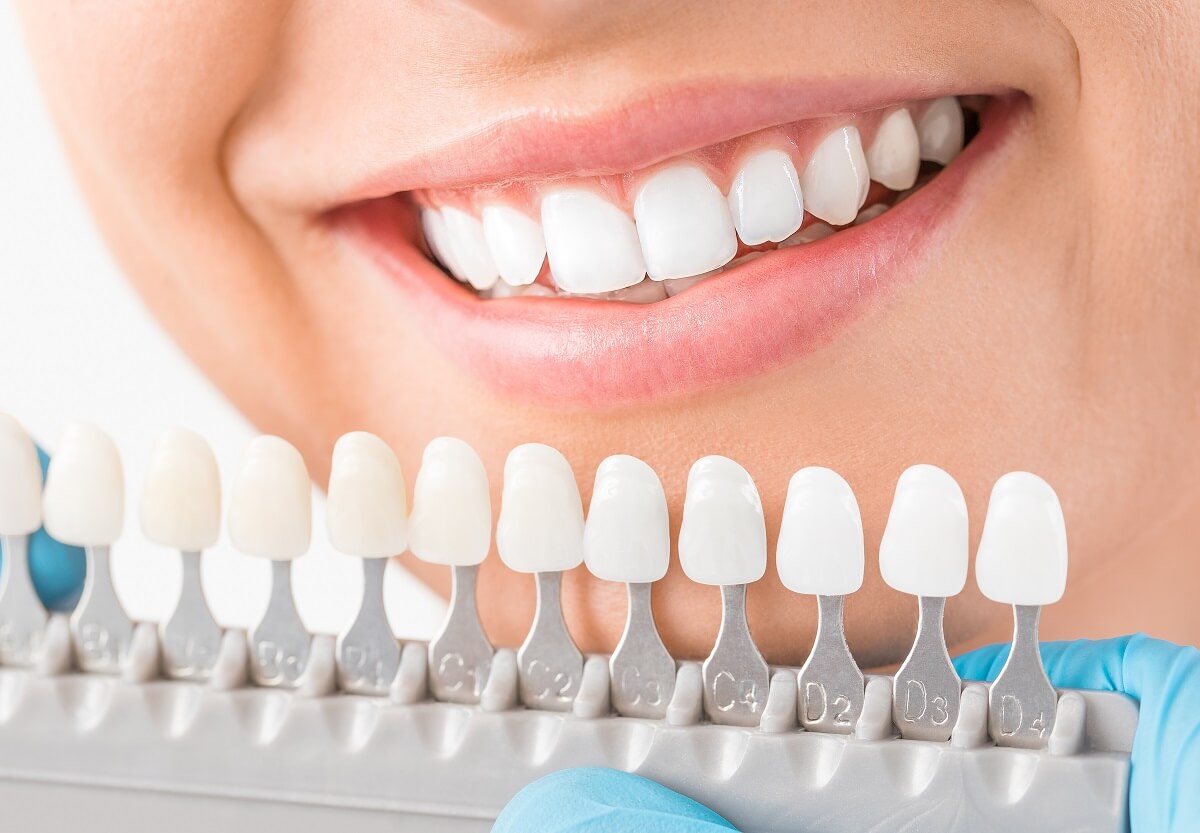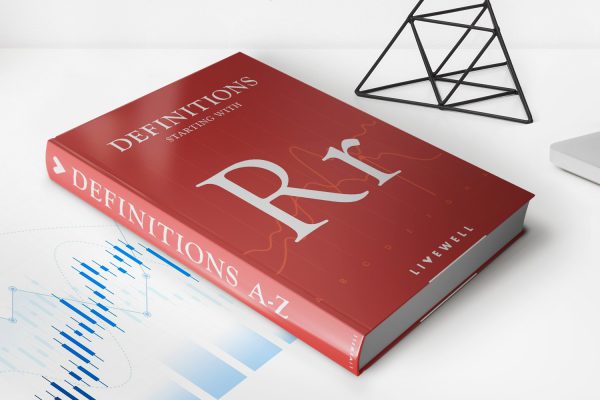Home>Finance>How Much Does It Cost To Replace A Crown Without Insurance?
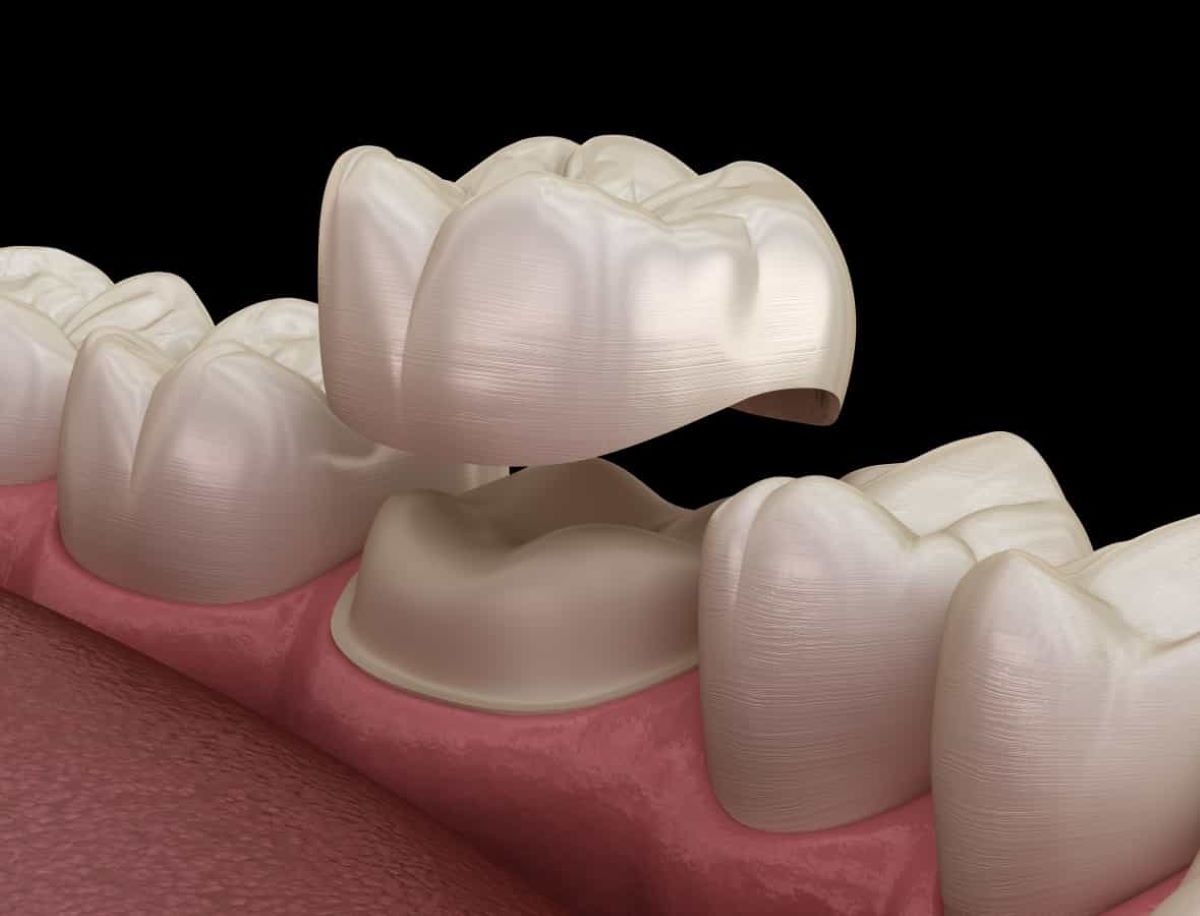

Finance
How Much Does It Cost To Replace A Crown Without Insurance?
Published: November 5, 2023
Find out the average cost of replacing a dental crown without insurance and explore financing options to manage your expenses in the most affordable way.
(Many of the links in this article redirect to a specific reviewed product. Your purchase of these products through affiliate links helps to generate commission for LiveWell, at no extra cost. Learn more)
Table of Contents
Introduction
When it comes to dental procedures, one common issue that many individuals face is the need for crown replacement. Whether due to damage, decay, or simply the wear and tear of time, it is not uncommon for individuals to require crown replacement at some point in their lives. However, the cost of crown replacement can be a concern, especially for those without dental insurance coverage.
Crown replacement involves removing the existing dental crown and replacing it with a new one to restore the appearance, functionality, and structure of the tooth. The cost of this procedure can vary depending on a variety of factors, including the location, the dental professional performing the procedure, and the type of crown being used.
In this article, we will explore the factors that affect the cost of crown replacement without insurance, provide an overview of the average cost you can expect to pay, highlight additional costs to consider, and offer some tips on how to save money on crown replacement.
It is important to note that while dental insurance can provide coverage for crown replacement, not everyone has access to or can afford dental insurance. Therefore, understanding the potential costs involved in crown replacement without insurance is essential for making informed decisions about your dental health.
So, if you’re curious about how much it costs to replace a crown without insurance, read on to find out more.
Factors Affecting the Cost of Crown Replacement
The cost of crown replacement depends on several factors that influence the overall price you may be quoted by your dentist. Understanding these factors can help you have a better idea of what to expect when it comes to the cost of your crown replacement without insurance. Here are some key factors that can impact the cost:
- Type of Crown: The type of crown you choose can greatly affect the total cost of replacement. There are different materials available, such as porcelain, porcelain-fused-to-metal, all-metal, and zirconia crowns, each with its own level of durability and aesthetic appeal.
- Dentist’s Experience and Location: The expertise and location of your dentist can also play a role in the cost. Dentists in high-demand areas or those with more experience may charge higher fees for their services.
- Additional Dental Treatments: In some cases, your dentist may identify additional dental issues that need to be addressed before crown replacement. These extra treatments, such as root canal therapy or gum disease treatment, can add to the overall cost of your procedure.
- Diagnostic Tests: Your dentist may need to perform diagnostic tests, such as X-rays or dental impressions, to assess the condition of your tooth and ensure a proper fit for the new crown. These tests can incur additional costs.
- Geographic Location: The cost of dental procedures can vary depending on your geographic location. For example, major cities or areas with a higher cost of living may have higher dental fees compared to rural areas.
It is important to discuss these factors with your dentist during the consultation process to get a clear understanding of the overall cost involved. Your dentist can provide a personalized treatment plan and an estimate of the cost specific to your situation.
Average Cost of Crown Replacement Without Insurance
The cost of crown replacement without insurance can vary significantly based on several factors we mentioned earlier. On average, you can expect to pay between $800 to $2,500 per crown without insurance coverage. However, it is important to note that these are just rough estimates, and the actual cost can be higher or lower depending on your specific circumstances. Let’s explore the cost breakdown:
- Type of Crown: The type of crown you choose will impact the price. Porcelain-fused-to-metal crowns tend to be more affordable, ranging from $800 to $1,500 per crown. All-porcelain or zirconia crowns, which offer superior aesthetics, can cost between $1,000 to $2,500 per crown.
- Location: As mentioned earlier, the cost of dental procedures can vary based on your geographic location. Urban areas or areas with a higher cost of living generally have higher dental fees.
- Dentist’s Experience: The level of experience and reputation of your dentist can also influence the cost. Dentists with a high level of expertise may charge more for their services.
- Additional Treatments: If your dentist identifies any additional dental issues that need to be addressed before crown replacement, such as a root canal or gum disease treatment, it can increase the overall cost.
It is essential to consult with your dentist to get an accurate estimate of the cost involved in your specific case. They can provide a detailed breakdown of the expenses and discuss any available payment options or financing plans that may be available to you.
Additional Costs to Consider
When considering the cost of crown replacement without insurance, it’s important to be aware of potential additional costs that may arise throughout the process. While the crown itself is a major expense, there are other factors to keep in mind that can impact the overall cost. Here are some additional costs you should consider:
- Consultation and Diagnostic Fees: Some dentists charge a consultation fee or require diagnostic tests, such as X-rays or dental impressions, before determining the treatment plan. These fees can add to the overall cost of your crown replacement.
- Temporary Crown: In certain cases, a temporary crown may be required while your permanent crown is being fabricated in a dental lab. This temporary crown typically incurs an additional fee.
- Preparation Costs: If your tooth needs preparation, such as a buildup or root canal therapy, these procedures may come with additional costs.
- Follow-up Appointments: After your crown is placed, follow-up appointments may be necessary to ensure proper fit and make any necessary adjustments. These appointments may come with additional charges.
- Post-Procedure Care: Your dentist may recommend specific post-procedure care instructions or prescribe medications. It’s important to consider the cost of any recommended items or medications.
It’s crucial to discuss these potential additional costs with your dentist during the initial consultation. They can provide a detailed breakdown of the expenses and help you understand what to expect throughout the entire crown replacement process.
Ways to Save Money on Crown Replacement
While crown replacement can be a significant investment, there are several ways you can potentially save money on the procedure. Here are some strategies to consider:
- Shop Around: Don’t be afraid to get quotes from multiple dentists to compare prices. Different dentists may offer different fees for crown replacement, so doing your research and finding the best value for your budget is important.
- Consider Dental Schools: Dental schools often offer discounted rates for dental procedures, including crown replacement. While the procedure may be performed by a dental student under the supervision of a qualified dentist, it can provide substantial cost savings.
- Look for Dental Discount Programs: Some dental discount programs or dental savings plans can offer reduced fees for various dental procedures, including crown replacement. These programs typically require an annual membership fee but can save you a significant amount of money in the long run.
- Ask About Payment Plans: Inquire with your dentist about any available payment plans or financing options. Many dental offices offer flexible payment plans that allow you to spread out the cost of your crown replacement over time.
- Insurance Coverage: While the focus of this article is on crown replacement without insurance, it’s worth exploring if you have any dental insurance coverage that might partially reimburse you for the procedure. Some insurance plans may cover a portion of the cost, reducing your out-of-pocket expenses.
Remember, it’s important not to compromise on the quality and expertise of the dentist when seeking cost savings. While price is a significant factor, ensuring you receive proper care and a high-quality crown is equally important for long-term dental health.
By exploring these options and discussing potential cost-saving opportunities with your dentist, you can make crown replacement more affordable and accessible, even without insurance coverage.
Conclusion
Crown replacement is a common dental procedure that many individuals may need at some point in their lives. While the cost of crown replacement without insurance can vary, understanding the factors that influence the price and exploring ways to save money can help alleviate financial concerns.
Factors such as the type of crown, the dentist’s experience and location, additional treatments, diagnostic tests, and geographic location can all impact the cost of crown replacement. The average cost of crown replacement without insurance ranges from $800 to $2,500 per crown, but it’s important to consult with your dentist for a personalized estimate based on your specific needs.
It’s crucial to consider potential additional costs, such as consultation and diagnostic fees, temporary crowns, preparation costs, follow-up appointments, and post-procedure care. By being aware of these potential expenses, you can plan for them accordingly and avoid unexpected financial burdens.
Fortunately, there are ways to save money on crown replacement. Shopping around for quotes, considering dental schools or discount programs, exploring payment plans, and checking if you have any insurance coverage can help reduce the overall cost.
Remember, while affordability is important, it’s equally essential to prioritize the expertise and quality of care provided by your dentist. Finding a balance between cost and quality is crucial for your dental health and overall satisfaction with the crown replacement procedure.
In conclusion, by understanding the factors affecting the cost, exploring cost-saving options, and discussing your specific situation with your dentist, you can navigate the process of crown replacement without insurance coverage more effectively. Take the necessary steps to ensure the long-term health and beauty of your smile, and don’t let cost be a barrier to achieving the dental care you need.

